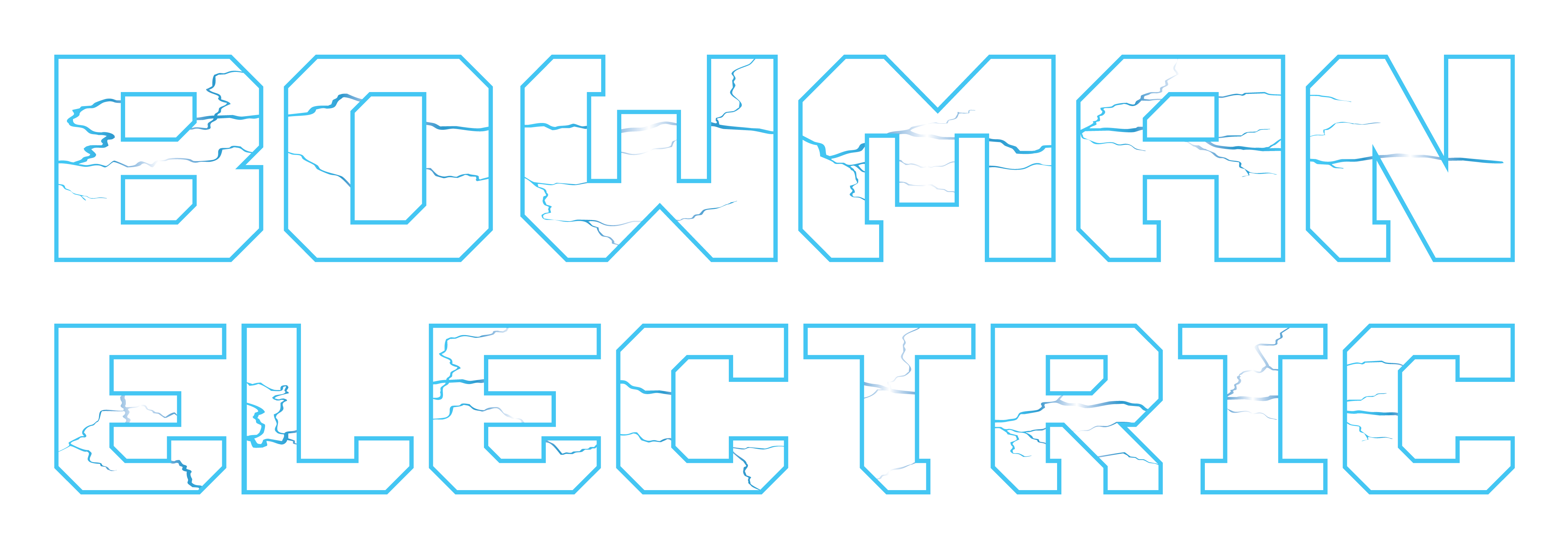
The holiday season is the most magical time of year, filled with sparkling lights, festive feasts, and cherished traditions. But nothing puts a damper on holiday cheer faster than a power outage caused by a winter storm. Without electricity, the lights dim, the house chills, and all those delicious holiday meals are left half-cooked. To keep the festivities glowing, a backup generator is the ultimate holiday lifesaver.
Winter Storms and Power Outages: A Recipe for Holiday Disruption
In Montana, winter storms are no stranger to heavy snow, ice, and high winds that can knock out power for hours—or even days. Just as you’re gathering with loved ones, a sudden outage can leave your home in the dark and cold. Beyond the inconvenience, outages can lead to frozen pipes, spoiled food, and unsafe conditions for your family.
Why a Backup Generator is Your Holiday Hero
A backup generator automatically kicks in when the power goes out, providing electricity to the essentials that keep your home safe, comfortable, and festive. Here’s how a generator saves the holidays:
Keep the Lights On: No need to worry about Santa missing your house! A generator ensures your holiday lights, tree, and decorations shine bright through the storm.
Stay Warm and Cozy: Heating systems rely on electricity to keep your home comfortable. A generator powers your furnace or space heaters so your family can stay warm when the temperatures drop.
Save Your Holiday Feast: Whether it’s a turkey roasting in the oven or pies baking to perfection, a backup generator keeps your kitchen running so you don’t have to settle for sandwiches by candlelight.
Power Essential Devices: From medical equipment to Wi-Fi routers and phone chargers, a generator ensures you can stay connected and safe during an outage.
Avoid Frozen Pipes and Costly Damage: By keeping your heating system on, a generator helps prevent your pipes from freezing and bursting—a common winter problem that can lead to expensive repairs.
Choosing the Right Backup Generator
Generators come in different sizes and types to meet your home’s needs. For full-home coverage, a standby generator is the best choice. It’s permanently installed, runs on natural gas or propane, and starts automatically when power is lost. Bowman Electric can help you determine the right size and setup to keep your home running smoothly through the winter storms.
Peace of Mind for the Holidays
Investing in a backup generator is more than just a safety measure—it’s peace of mind. You can enjoy the holidays without worrying about disruptions, knowing that your family, home, and traditions are protected no matter what Mother Nature throws your way.
Don’t Wait Until the Lights Go Out
Don’t leave Santa—or your family—in the dark this holiday season. Contact Bowman Electric today to discuss installing a backup generator. From selecting the right model to expert installation, we’ll ensure your holidays are bright, warm, and worry-free.
Bowman Electric: Keeping Your Holidays Powered and Bright.



